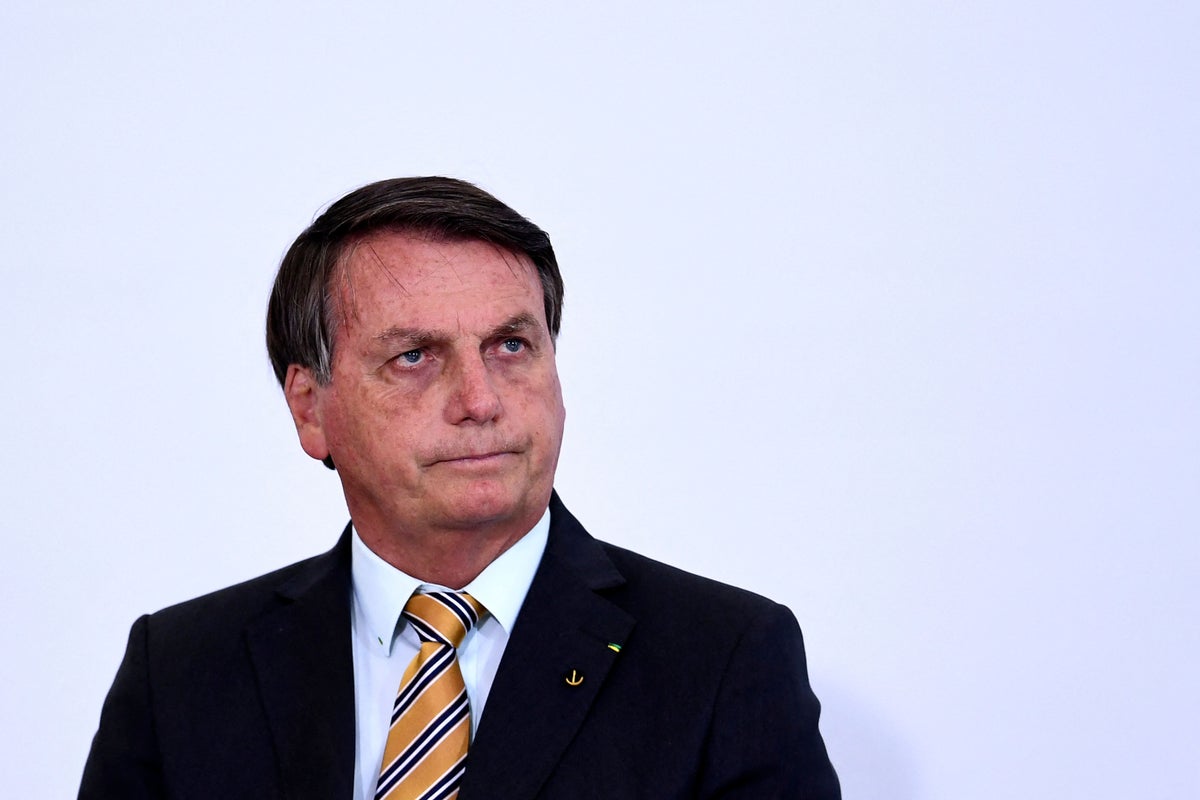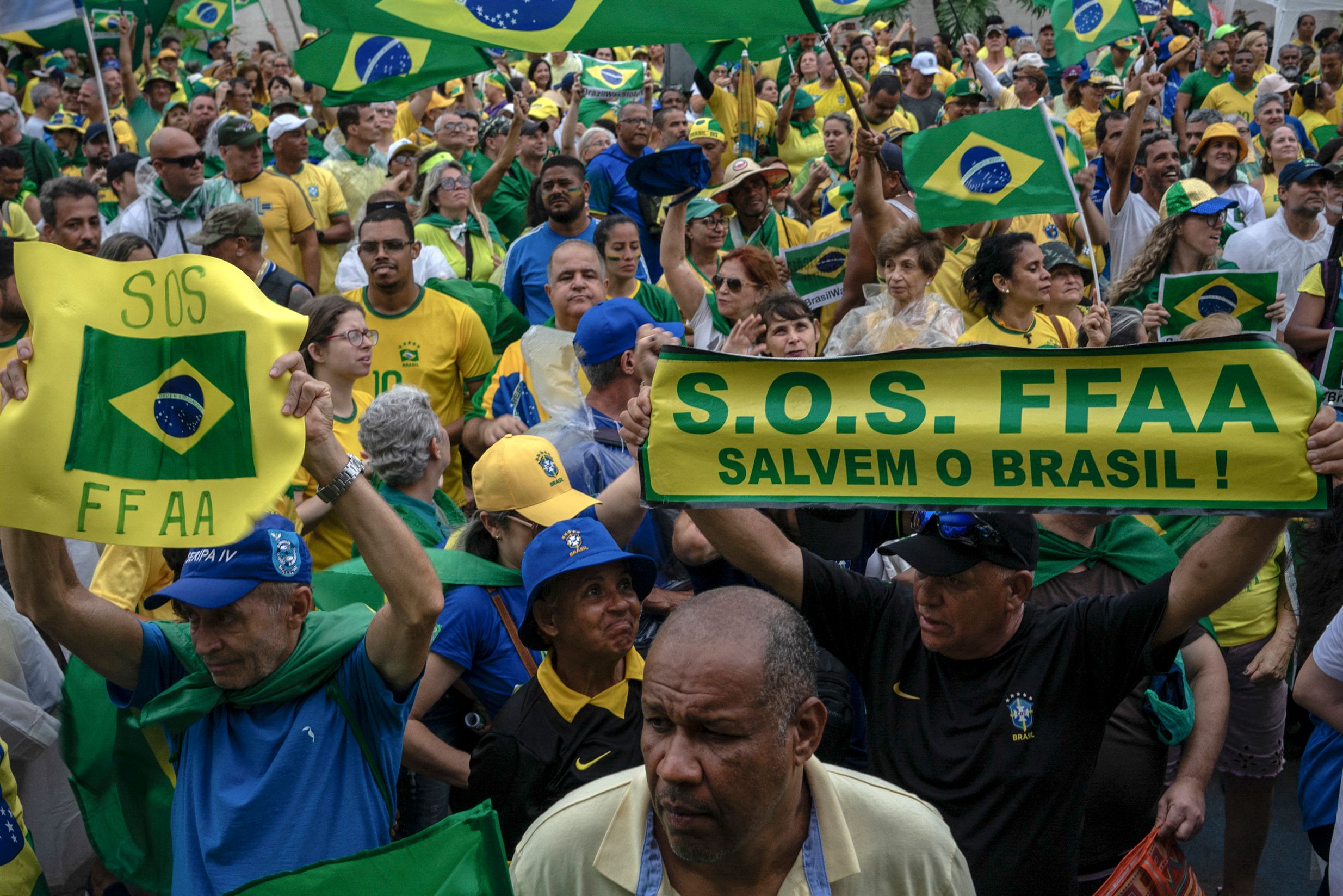
Brazil’s Supreme Court has rejected an attempt by outgoing president Jair Bolsonaro’s party to overturn the results after his defeat in Octorber’s run-off elections.
Alexandre de Moraes, who runs Brazil’s electoral agency, said the complaint filed by his allies to challenge the election was “ostensibly an attack on the democratic rule of law”.
He also fined three conservative parties in Mr Bolsonaro’s coalition 22.9m reais (£3.5m) that the apex court described as bad faith litigation.
Mr Bolsonaro’s allies filed a complaint challenging the Brazilian predential elections following defeat to leftist Luiz Inácio Lula da Silva, arguing the some votes from the voting machine should be nullified.
Mr Lula da Silva’s victory marked a stunning comeback and end to Brazil’s most right-wing government in decades.
His victory margin was less than two percentage points.
On Tuesday, filing a 22-page request, Mr Bolsonaro’s party cited a software bug in the majority of Brazil‘s machines — they lack individual identification numbers in their internal logs — to argue all votes they recorded should be nullified. Lawyer Marcelo de Bessa said that doing so would leave Mr Bolsonaro with 51 per cent of the remaining valid votes.

“The complete bad faith of the plaintiff’s bizarre and illicit request ... was proven, both by the refusal to add to the initial petition and the total absence of any evidence of irregularities and the existence of a totally fraudulent narrative of the facts,” Justice de Moraes wrote in his decision hours later.
He said the party’s arguments were “absolutely false” and their bid to overturn the election was “ostensibly an attack on the democratic rule of law and carried out recklessly, with the aim of encouraging criminal and anti-democratic movements”.
Mr Bolsonaro’s party’s lawyers explained how the bug might have affected election results as they made the claims. But independent experts said the bug doesn’t affect reliability and each voting machine is still readily identifiable through other means.
Mr Bolsonaro, who had previously warned that he might not accept the election loss, had waited two days to publicly address his defeat. He later refused to concede and remained away from spotlight for weeks as his party began the transition of power.
The outgoing president’s refusal to concede triggered protests by his supporters in cities across the country, claiming the election was stolen.
Additional reporting by agencies







